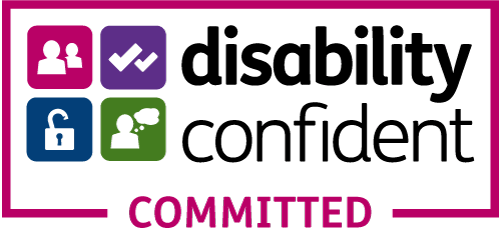Pythagoras, Punctuation and Mental Health Peer Support Training
The BBC has reported today that the Association of Teachers and Lecturers will today debate a call for more support for vulnerable pupils in schools. Mental Health Peer Support training should be part of the debate.
Sadly, it’s not surprising to read the claim from General secretary Dr Mary Bousted that school staff have had to “plug the gaps in social care as best they can”. Blaming “poverty, poor housing, unemployment and financial insecurity” as the obvious targets – targets that are easier to address because frankly, we all know the pressures on our children today run much deeper than these headings, surely?
Proposer Bella Hewes, a special needs teacher from Oxford, said the expertise to support pupils’ mental health was “just not there”.
So, what impact is this having on our teachers and lecturers, many of whom are unprepared, untrained and are grappling daily with the funding and resource cuts in addition to supporting a worrying increase of children presenting with mental ill health?
The BBC reports that only 9% felt they had been given enough training to help them spot the signs of mental illness in pupils, 45% said training had been inadequate and 32% said they had received no training at all.
We all need to play a part in safeguarding the mental well-being of our nation’s children. Expecting Child and Adolescent Mental Health services to pick up the tab as we turn a blind eye is not good enough and no amount of funding from the government for children’s mental health services will rid this illness from our schools. We need to start at the start! Investing in the long-term training of our educational staff in a significant and sustainable way could help to lessen the necessity of clinical intervention for our children later on.
Mental ill health can affect any child and it does not discriminate on age, gender, race or religion and it certainly does not care about stigma, or the cost to our mental health services. It’s here, right now and it’s growing – let’s stop looking the other way and expecting our mental health services to ‘make it all better’. Training our teaching staff to recognise the signs and symptoms of suffering children and introducing new ways to help children help each other in creating positive Mental Health Peer Support Training should be as important as teaching Pythagoras and Punctuation.



Leave a Reply
Want to join the discussion?Feel free to contribute!